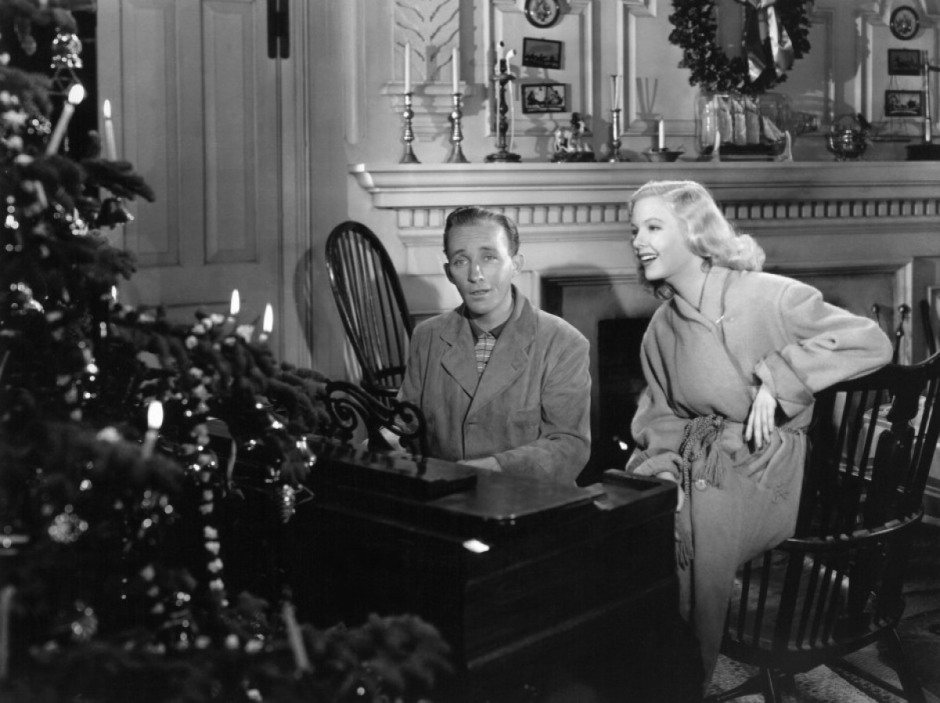The American entertainer Bing Crosby was a ball of fire. He was a singer of style and distinction who’s still the most recorded performer in history. He was also a Hollywood film actor, ranking behind only Clark Gable and John Wayne as the most popular male actor of all time.
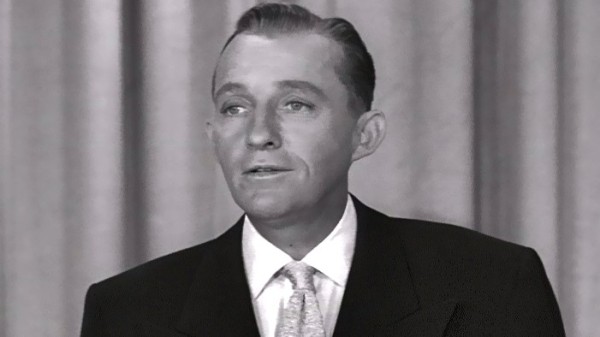
Crosby, who died 37 years ago while playing golf in Madrid, is the subject of American Masters: Bing Crosby Rediscovered, a documentary which premiers on the PBS network on Tuesday, Dec. 2 at 8 p.m. (check local listings) and will be rebroadcast on Friday, Dec. 26 at 9 p.m.
Lively and informative, drawing on Crosby`s personal and professional archives and narrated by the actor Stanley Tucci, it`s written, produced and directed by Robert Trachtenberg, a Los Angeles-based photographer who explores Crosby from every conceivable angle.
Born into an Irish/Anglo working class family in 1903, Crosby is described as America’s first multimedia performer. A major force in radio, recordings, movies and television, he attained great wealth. By the age of 40, he was one of America’s richest men, a fact that attracted the special attention of the Internal Revenue Service, much to Crosby’s chagrin.
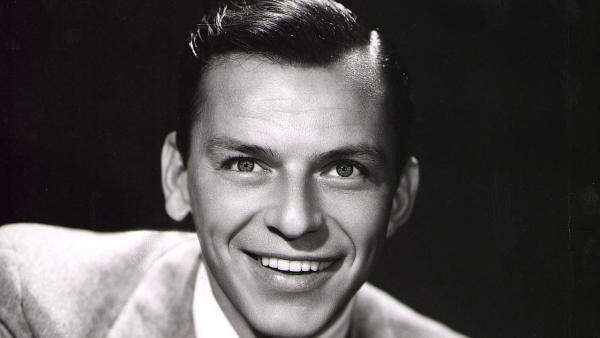
Possessing one of the most alluring voices of the 20th century, Crosby sang in a mellifluous, relaxed and intimate style, exhibiting fine range and a steady sense of timing. His keenest rival, Frank Sinatra, began to outsell Crosby only in the 1960s, we’re told.
Topping the charts consistently, Crosby made 41 No. 1 records, more than Elvis Presley (18) or The Beatles (24). Probably his most beloved hit was Irving Berlin’s incomparable White Christmas, the single best-selling record in history. As Trachtenberg would have it, White Christmas became an American anthem and secularized Christmas.
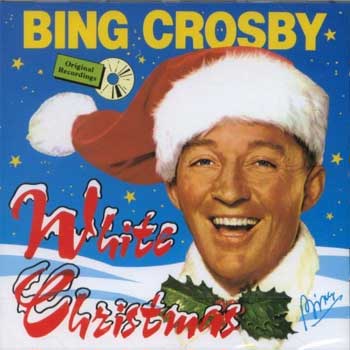
Christened Harry Lillis Crosby, he was bitten by the vaudeville bug at an early age, and was perhaps influenced by his father’s affinity for music. Dropping out of law school on the cusp of his graduation, Crosby knew where he was heading. “I just wanted to be connected with show business,” he says in one of the many interviews resurrected from the vaults.
A boyhood friend, Al Rinker, asked him to join his dance band as a drummer. But after Rinker heard him sing, Crosby’s fate was sealed. After the band broke up, he and Rinker left Spokane and drove to Los Angeles. They landed a gig in vaudeville, and at one of their stops, they impressed two musicians from Paul Whiteman’s famous band. Whiteman signed them up, giving Crosby the exposure he yearned.
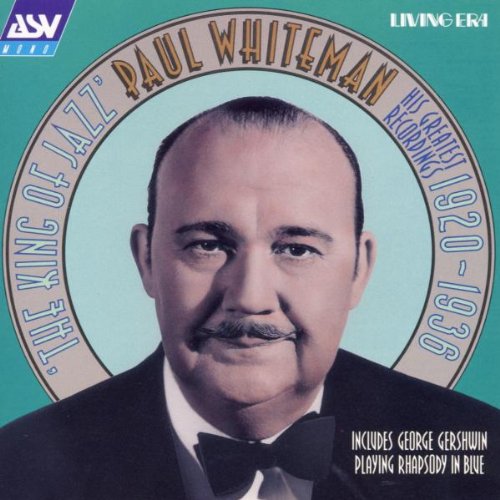
We learn that Crosby was inspired and influenced by his idol, Louis Armstrong. “American music starts and ends with Louis Armstrong,” he was fond of saying.
Trachtenberg claims that Crosby was the first vocalist to use the microphone as an instrument to communicate emotion and nuance. Certainly, the microphone enabled him to blend his medley of jazz, pop and classical music.
To some degree, Trachtenberg delves into Crosby’s private life, and the disclosures are not always pretty. Prior to his first marriage to Dixie Lee, Crosby was a lush and a carouser. He would settle down as he and Dixie raised a family. But Dixie developed a drinking problem, while two of his sons were tormented by mental and drug abuse problems. One of them, Gary, would accuse Crosby of being an abusive father, a disclosure that tarnished his all-American image.
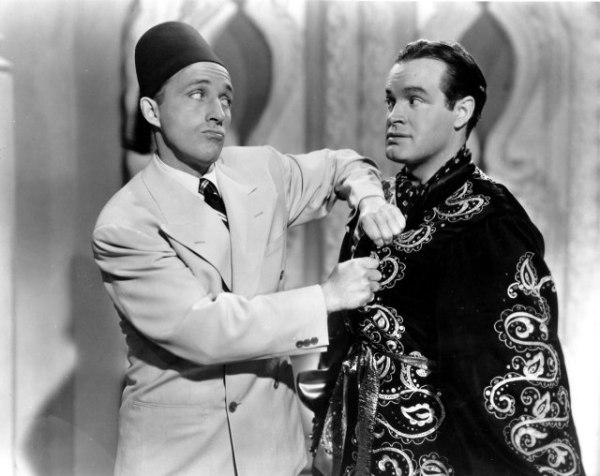
The movie producer Mack Sennett can take credit for Crosby’s segue into films. Under his direction, Crosby appeared in a few forgettable comedies. His real break in the medium came after he teamed up with the comedian Bob Hope and made a series of profitable Road movies. He reached his apogee of fame as an actor with his Academy Award winning performance as a singing priest in Going My Way.
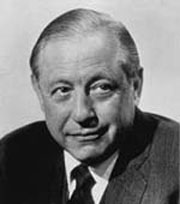
Crosby got another break when William Paley, one of the founders of the CBS network, gave him a live daily radio show. Crosby’s show was incredibly successful, attracting an audience of 50 million. His relationship with Paley ended on a sour note after Crosby insisted on pre-recording the show. Thanks to Crosby, this method would become the norm in radio and TV. It would also increase his wealth exponentially.
Crosby was a pioneer and an innovator who helped revolutionize the American entertainment business. But most of all, he was a vocalist of uncommon appeal who’s still remembered fondly by millions of fans.
